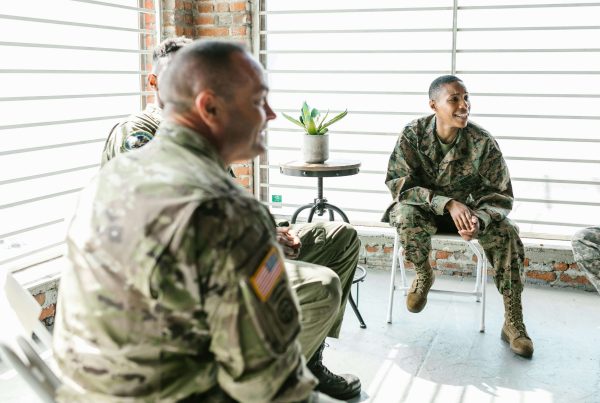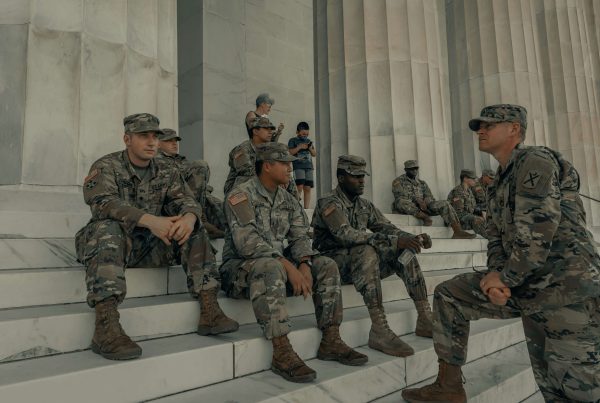For Veterans living with severe service-connected disabilities, everyday activities in the home can present significant challenges. The VA’s Specially Adapted Housing (SAH) Grants provide financial assistance to purchase, build, or modify a home to accommodate accessibility needs. These grants are designed to help Veterans regain independence, improve safety, and enhance quality of life. In 2025, understanding eligibility and navigating the application process is more important than ever to access these substantial benefits.
The SAH program is primarily for Veterans with severe disabilities, such as the loss or loss of use of both legs, both arms, or blindness in both eyes, as well as certain spinal cord injuries. In 2025, the maximum grant amount is $100,896, adjusted annually for inflation. Funds can be used to purchase an adapted home, construct a new home specifically designed for accessibility, or modify an existing residence. Modifications may include wheelchair ramps, widened doorways, roll-in showers, adapted bathrooms, lowered countertops, and other structural changes to improve mobility and safety.
Another key component of the program is the Special Housing Adaptation (SHA) Grant, which serves Veterans with less severe but still significant disabilities. SHA grants, which provide up to approximately $20,444 in 2025, can help Veterans adapt their homes for a single limb loss, vision impairment, or other mobility limitations. While the grant amount is smaller than SAH, it still allows Veterans to make critical adaptations that enable independent living.
Applying for SAH or SHA grants requires comprehensive documentation. Veterans must provide proof of service-connected disability, medical documentation detailing functional limitations, and plans or estimates for home adaptations. The VA reviews applications to ensure requested modifications are reasonable, necessary, and tailored to the Veteran’s specific needs. Some Veterans may also combine SAH or SHA grants with VA Home Loans to finance the purchase of a new home, further expanding options for accessible living.
Beyond physical adaptations, these grants have a profound impact on mental and emotional well-being. Veterans living with severe disabilities often face daily challenges that affect independence and confidence. Home modifications provided through SAH or SHA grants reduce dependence on caregivers, support safe daily activities, and allow Veterans to remain in their communities. For families, these adaptations relieve significant stress and improve overall household functionality.
In 2025, the VA continues to emphasize efficiency and transparency in the application process. Veterans can now track the status of their grants online, and the VA provides clear guidance on documentation and construction standards. Accredited representatives, including Veterans Service Organizations (VSOs), can assist with applications, ensuring that all necessary evidence is submitted correctly and appeals are filed promptly if a claim is denied.
It is important to note that SAH and SHA grants are one-time benefits, but Veterans can reapply if a subsequent disability meets eligibility criteria. The combination of SAH or SHA grants with other VA benefits, such as Special Monthly Compensation or the Automobile and Adaptive Equipment Program, allows Veterans to create a comprehensive support system tailored to their unique needs.
In conclusion, VA Specially Adapted Housing Grants are a crucial resource for disabled Veterans in 2025. By providing funding to adapt or build accessible homes, these grants empower Veterans to live independently, safely, and with dignity. Staying informed about eligibility, preparing thorough documentation, and working with accredited representatives ensures that Veterans can access the full benefits available to them.



